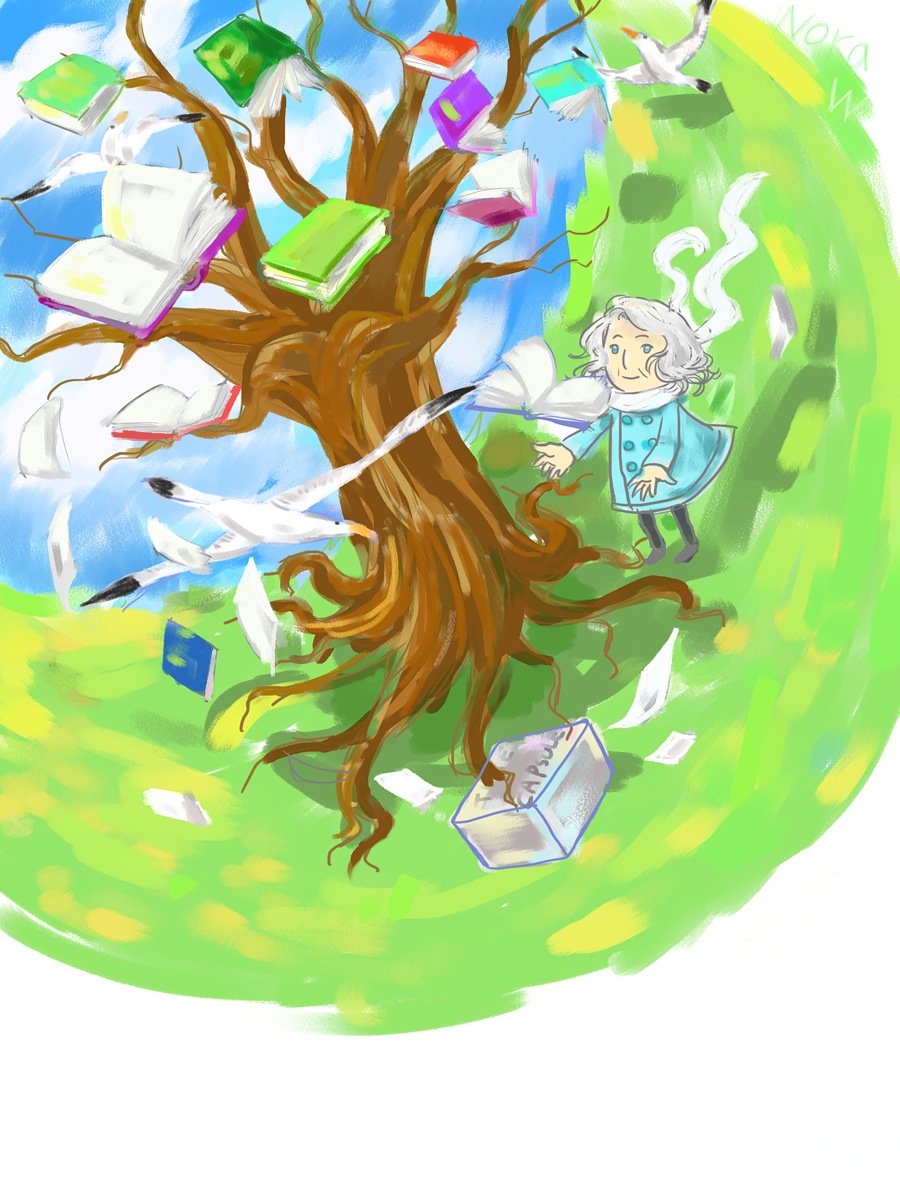Earlier this month, it was announced that critically acclaimed Canadian author Margaret Atwood will be the first artist to participate in the Future Library project, giving her exactly one year to produce a piece of work that no one in our current generation will ever get the chance to read. Yes, that means you. So for all those Atwood fans out there (including myself), does this announcement cheat us out of what could possibly be one of her greatest literary pieces? Well, yes, yes it does. Yet, in all honesty, as much as we will miss out, this is an exciting project for both current and future generations.
When I first heard this announcement, I felt cheated and ignored as a fan. Yet, after looking thoroughly into it, I realized that it would be a unique chance for Atwood and her work. The Future Library, which began this year and will be located in Oslo, was created by Scottish artist Katie Paterson and plans to include 100 pieces written by 100 authors spanning 100 years, with a scheduled opening date of 2114. So unless there’s some hidden trick into staying alive, such as eating pinecones or bathing in Earl Grey tea, you are S.O.L. my friend. How will this project work, you might be wondering? Essentially, a new author will be asked to participate each year by the Future Library Trust, which gives them exactly one year to come up with something truly wonderful (and completely out of our hands). No pressure for them, I’m assuming. So for those writing students out there, or anyone who feels like tinkering with words, you have plenty of time to work on the next bestseller of the early 22nd century.
Once submitted in 2015, Atwood’s manuscript will be kept under lock and key until the opening, and no one other than herself will know the contents. The only piece of knowledge we will get to whet our literary taste buds is the title. In an interview with the Guardian, Atwood said that “when you write any book you do not know who’s going to read it, and you do not know when they’re going to read it. You don’t know who they will be, you don’t know their age, or gender, or nationality, or anything else about them. So books, anyway, really are like the message in the bottle.” Which is exactly what these books will be: a message to future generations from the authors of the past.
No doubt this is an exciting project for any luckily chosen artist, and for the future generations who get to unfold and devour these secret words (which I’m still jealous about). It is also a chance to record changes of culture, literary themes, and even the differences in language over the course of a century. There is no telling what will be recorded in those pages. It will be an anthology of not just fiction or poetry, but a collection of our history. Not to mention that Atwood has undoubtedly ensured her writing will be relevant to the readers of 2114, with a possible high sales rate on the rest of her already-published pieces. Smooth move, Margaret, smooth move.
For more information on the Future Library, visit futurelibrary.no.







